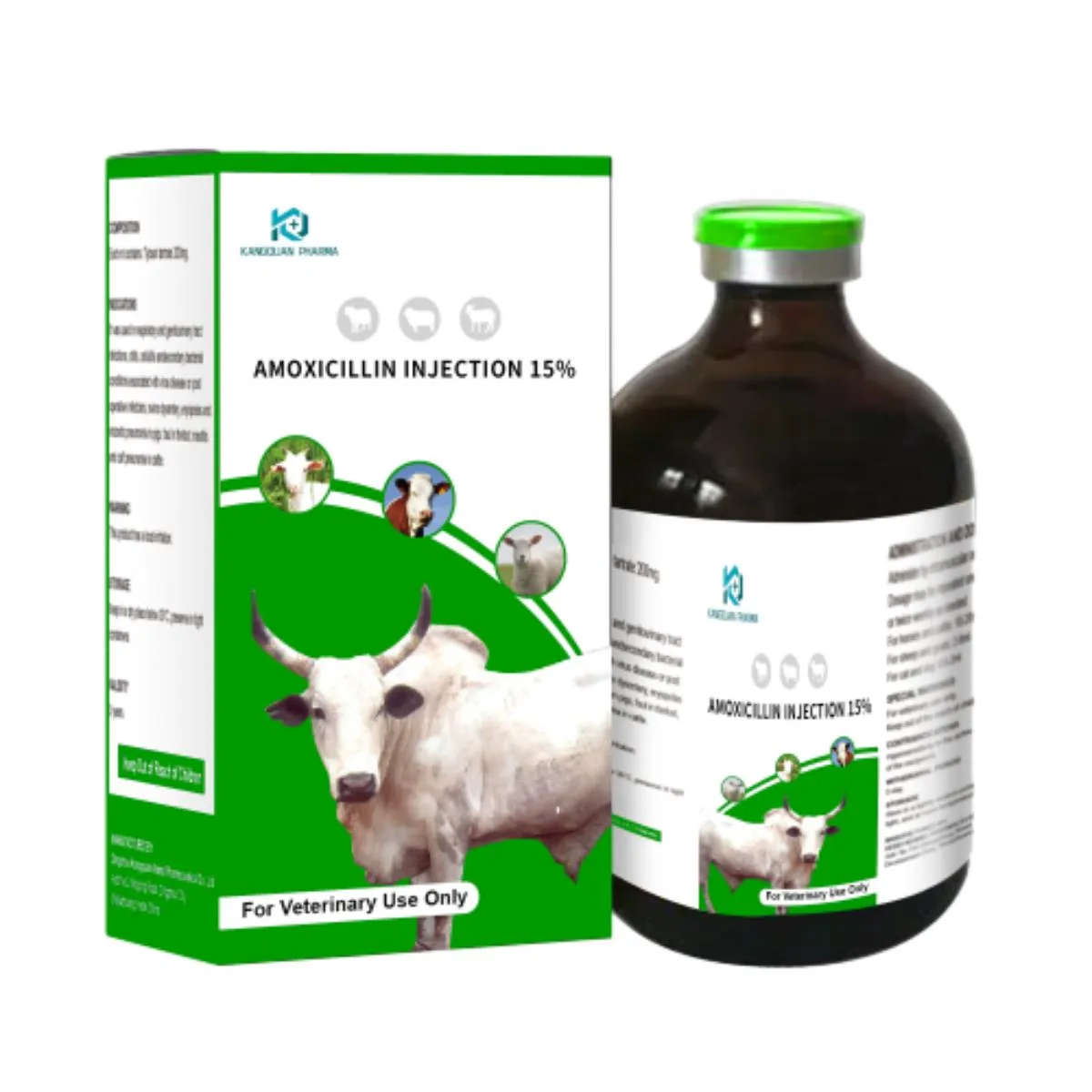- Afrikaans
- Albanian
- Amharic
- Arabic
- Armenian
- Azerbaijani
- Basque
- Belarusian
- Bengali
- Bosnian
- Bulgarian
- Catalan
- Cebuano
- Corsican
- Croatian
- Czech
- Danish
- Dutch
- English
- Esperanto
- Estonian
- Finnish
- French
- Frisian
- Galician
- Georgian
- German
- Greek
- Gujarati
- Haitian Creole
- hausa
- hawaiian
- Hebrew
- Hindi
- Miao
- Hungarian
- Icelandic
- igbo
- Indonesian
- irish
- Italian
- Japanese
- Javanese
- Kannada
- kazakh
- Khmer
- Rwandese
- Korean
- Kurdish
- Kyrgyz
- Lao
- Latin
- Latvian
- Lithuanian
- Luxembourgish
- Macedonian
- Malgashi
- Malay
- Malayalam
- Maltese
- Maori
- Marathi
- Mongolian
- Myanmar
- Nepali
- Norwegian
- Norwegian
- Occitan
- Pashto
- Persian
- Polish
- Portuguese
- Punjabi
- Romanian
- Russian
- Samoan
- Scottish Gaelic
- Serbian
- Sesotho
- Shona
- Sindhi
- Sinhala
- Slovak
- Slovenian
- Somali
- Spanish
- Sundanese
- Swahili
- Swedish
- Tagalog
- Tajik
- Tamil
- Tatar
- Telugu
- Thai
- Turkish
- Turkmen
- Ukrainian
- Urdu
- Uighur
- Uzbek
- Vietnamese
- Welsh
- Bantu
- Yiddish
- Yoruba
- Zulu
Abu . 09, 2024 00:45 Back to list
Appropriate Ivermectin Injection Dosage Guidelines for Treating Rabbits Safely and Effectively
Ivermectin Injection Dosage for Rabbits A Comprehensive Guide
Ivermectin is a potent antiparasitic medication widely used in veterinary medicine for treating a variety of parasitic infections in different species, including rabbits. As a member of the avermectin family, ivermectin works by disrupting the nervous system and muscle function of parasites, ultimately leading to their death. Understanding the proper dosage and administration of ivermectin for rabbits is crucial for effective treatment, ensuring both the safety and well-being of these animals.
Indications for Use
Ivermectin is primarily used to treat parasitic infections in rabbits, including mange, ear mites, and intestinal parasites like pinworms and coccidia. It’s important to note that while ivermectin is effective against many external and internal parasites, it is not effective against all types of parasites. Therefore, proper diagnosis by a veterinarian is essential before administering ivermectin.
Dosage Guidelines
The standard dosage of ivermectin for rabbits typically ranges from 0.2 to 0.5 mg/kg of body weight. The injectable form is often preferred for its rapid action and effectiveness. It’s important to consult with a veterinarian to determine the appropriate dosing schedule based on the specific condition being treated, the rabbit's weight, and overall health status.
For example, if a rabbit weighs 2 kg, a veterinarian might prescribe a dosage of between 0.4 mg (0.2 mg x 2 kg) to 1 mg (0.5 mg x 2 kg) of ivermectin. It is crucial to ensure accurate measurement, as overdosing can lead to adverse effects such as toxicity, which can be severe and life-threatening.
Administration
ivermectin injection dosage for rabbits

Ivermectin can be administered via subcutaneous or intramuscular injection. The chosen route will depend on the veterinarian's guidance and the specific situation. When injecting, it's important to use a sterile needle and follow proper hygienic practices to prevent infections.
Before injection, it's advisable to allow the ivermectin to reach room temperature for better absorption. The injection site should be carefully disinfected with an appropriate antiseptic.
Safety and Side Effects
While ivermectin is generally safe for use in rabbits when administered correctly, there are some potential side effects that owners and veterinarians should watch for. These can include lethargy, decreased appetite, and occasional diarrhea. More severe reactions, although rare, can manifest as neurological symptoms due to overdose, indicating an urgent need for veterinary care.
It is also vital to note that certain breeds, particularly those with a genetic predisposition to ivermectin sensitivity (such as some collie breeds), may experience adverse effects. While rabbits themselves are not known to be particularly sensitive, caution is always advised.
Conclusion
In conclusion, ivermectin is an effective treatment option for various parasitic conditions in rabbits when used correctly. Understanding the proper dosage, administration techniques, and potential side effects is imperative for pet owners and caretakers. Always consult with a veterinary professional prior to starting any treatment regimen to ensure the safety and health of your rabbit. Regular veterinary check-ups and preventive care can significantly reduce the risk of parasitic infections, leading to a healthier, happier life for your beloved pet.
-
Guide to Oxytetracycline Injection
NewsMar.27,2025
-
Guide to Colistin Sulphate
NewsMar.27,2025
-
Gentamicin Sulfate: Uses, Price, And Key Information
NewsMar.27,2025
-
Enrofloxacin Injection: Uses, Price, And Supplier Information
NewsMar.27,2025
-
Dexamethasone Sodium Phosphate Injection: Uses, Price, And Key Information
NewsMar.27,2025
-
Albendazole Tablet: Uses, Dosage, Cost, And Key Information
NewsMar.27,2025













